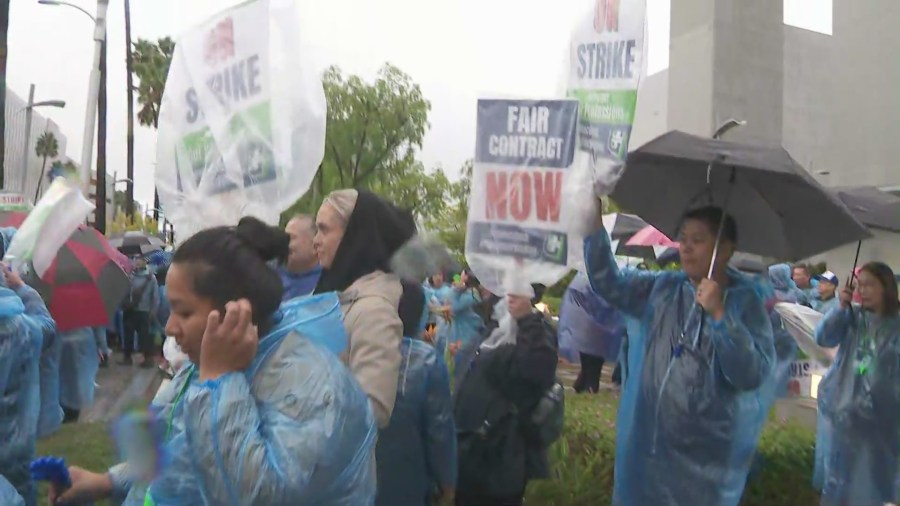More than 30,000 Kaiser Permanente healthcare workers have concluded a five-day strike, with the union claiming a surge in momentum for ongoing negotiations. The walkout, which began on October 14, 2025, involved staff from more than 500 Kaiser facilities across the West Coast, primarily in California, Hawaii, and Oregon. Union representatives from the United Nurses Associations of California/Union of Health Care Professionals (UNAC/UHCP) cited issues such as “unsafe staffing, stagnant wages, and deteriorating patient care conditions” as reasons for the strike.
The union’s action, which engaged approximately 46,000 members, included various healthcare professionals—ranging from registered nurses to pharmacists and nurse practitioners. Despite Kaiser Permanente officials labeling the strike as “unnecessary and disruptive,” the employees remained firm in their demands. The healthcare giant asserted it had made a “strong, comprehensive offer” to the union prior to the strike.
Following the five days of striking, workers began returning to their posts on Sunday, October 19, 2025. The union emphasized that their collective effort during the strike was a clear indication of their resolve. “Caregivers are united, determined, and backed by a growing movement for safe staffing and fair contracts,” stated the union in a release.
Union Gains Ground in Negotiations
The strike coincided with the release of new staffing standards from the Joint Commission, which UNAC/UHCP believes will significantly influence future contract negotiations. Charmaine S. Morales, president of UNAC/UHCP and a registered nurse, remarked, “The Joint Commission has finally said what nurses have known all along: unsafe staffing is unsafe care.” She stressed that employers must prioritize staffing as a critical issue in patient safety.
Union representatives are set to meet with Kaiser officials for further negotiations on October 22–23, 2025. Morales noted, “This strike may be over, but the fight for patient safety is not.” The union’s statement highlighted their commitment to continue advocating for a contract that prioritizes patient care.
Kaiser Permanente has expressed its readiness to resume discussions, welcoming back union employees while reaffirming its focus on delivering high-quality care. In a statement, the healthcare provider acknowledged the support from non-striking staff during the walkout and detailed their proposal, which includes a total base wage increase of 21.5% over four years, alongside enhancements to medical plans and retiree benefits.
The healthcare company emphasized the importance of keeping quality, accessible health care affordable while attracting and retaining top talent. “At a time when the cost of health care continues to escalate, it’s critical that we maintain affordable coverage and ensure Kaiser Permanente remains a great place to work and receive care,” the statement concluded.
As negotiations resume, both sides are facing the challenge of balancing the need for competitive wages with the overarching goal of ensuring patient safety and care quality. The outcome of these talks could set a precedent for similar negotiations across the healthcare industry.







